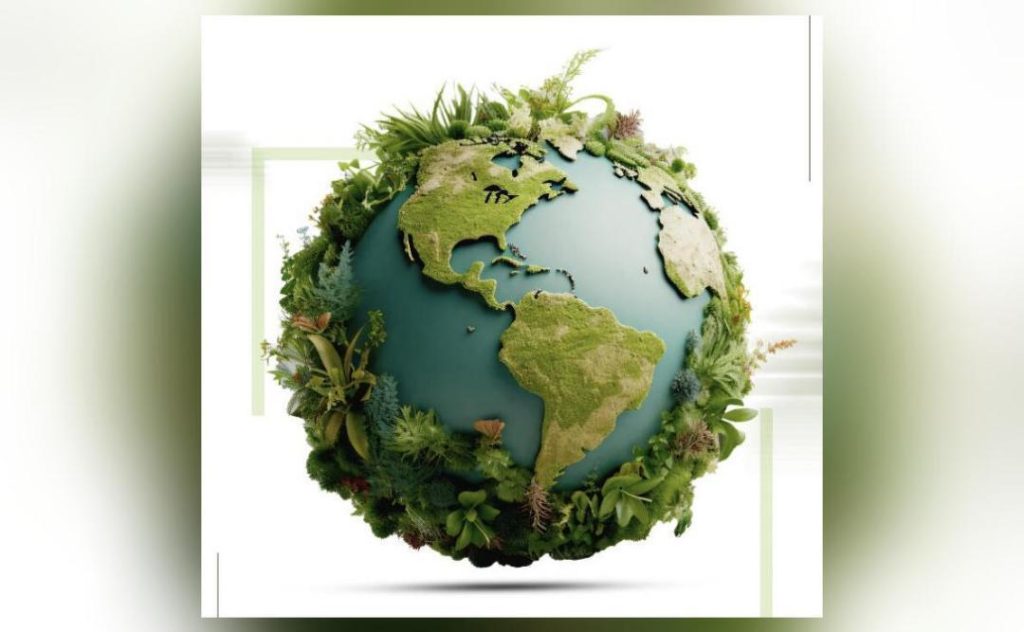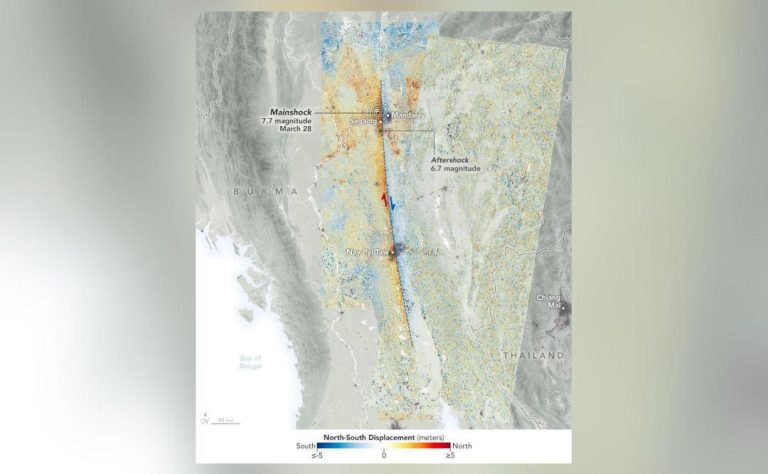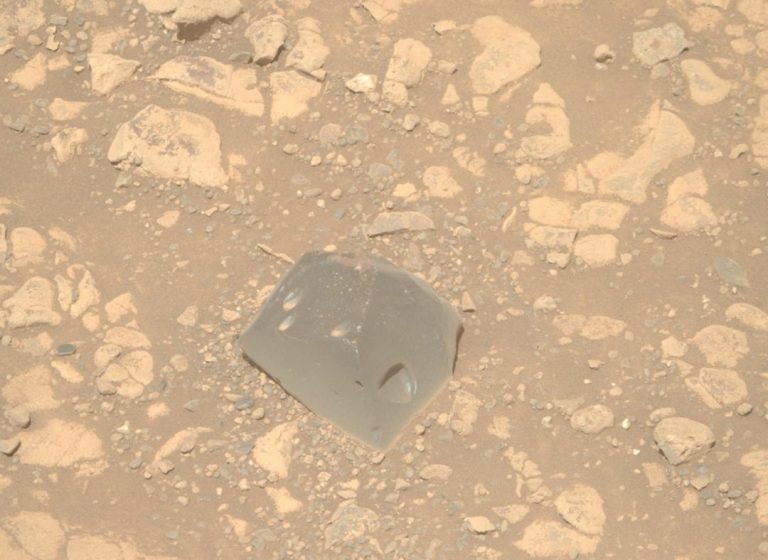
Why is Earth Day celebrated on April 22 every year?
Earth Day, a global event celebrated annually on April 22, is a significant milestone in the fight against environmental degradation and climate change. The day was first observed in 1970 and has since become a widely recognized event, with millions of people participating in protests, rallies, and environmental activities worldwide. But have you ever wondered why Earth Day is celebrated on April 22 every year? In this blog post, we’ll delve into the history of Earth Day and explore the reasons behind its annual celebration on this specific date.
The Birth of Earth Day
The concept of Earth Day was born out of concern for the deteriorating environment in the United States in the late 1960s. Former US Senator Gaylord Nelson, a Democrat from Wisconsin, was deeply troubled by the environmental degradation and pollution that had become rampant in the country. Nelson, who had previously led the Senate’s Committee on Environmental Pollution, was determined to raise awareness about the importance of environmental protection and conservation.
To achieve this goal, Nelson decided to organize a national teach-in on environmental issues, which would later become known as the first Earth Day. He chose April 22 as the date for the event, which fell between spring break and final exams, with the intention of maximizing student participation. Nelson believed that by involving college students in the celebration, he could create a sense of urgency and momentum around environmental issues.
Why April 22?
So, why did Nelson choose April 22 specifically as the date for the first Earth Day? According to EarthDay.org, Nelson chose this date because it was a time when students were on spring break or in their final weeks of classes, making it easier for them to participate in the event. The date also coincided with the publication of a report by the President’s Science Advisory Committee, which highlighted the growing environmental crisis facing the nation. This report, titled “Restoring the Quality of Our Environment,” was a wake-up call for many Americans, and Nelson saw the first Earth Day as an opportunity to build momentum around environmental issues.
The First Earth Day
The first Earth Day took place on April 22, 1970, and it was a huge success. Millions of people participated in protests, rallies, and environmental activities across the United States. The event was widely covered in the media, and it helped to raise public awareness about the importance of environmental protection and conservation. The success of the first Earth Day led to the creation of the United States Environmental Protection Agency (EPA) in 1970, which was established to address the country’s environmental challenges.
The Legacy of Earth Day
Since its inception, Earth Day has become a global event, celebrated annually on April 22. The date has remained unchanged, with the intention of continuing to encourage involvement from college students in both celebrations and protests. Over the years, Earth Day has evolved to address a range of environmental issues, including climate change, pollution, deforestation, and wildlife conservation.
Today, Earth Day is celebrated in over 190 countries, with millions of people participating in environmental activities, such as planting trees, cleaning up parks and beaches, and advocating for environmental policies. The event has also become a catalyst for change, inspiring individuals and organizations to take action and make a positive impact on the environment.
Conclusion
Earth Day is a powerful reminder of the importance of environmental protection and conservation. The date, April 22, was chosen specifically to maximize student participation and create a sense of urgency around environmental issues. Since its inception, Earth Day has become a global event, inspiring millions of people to take action and make a positive impact on the environment. As we celebrate Earth Day every year, we are reminded of the importance of protecting our planet and ensuring a sustainable future for generations to come.
News Source:






